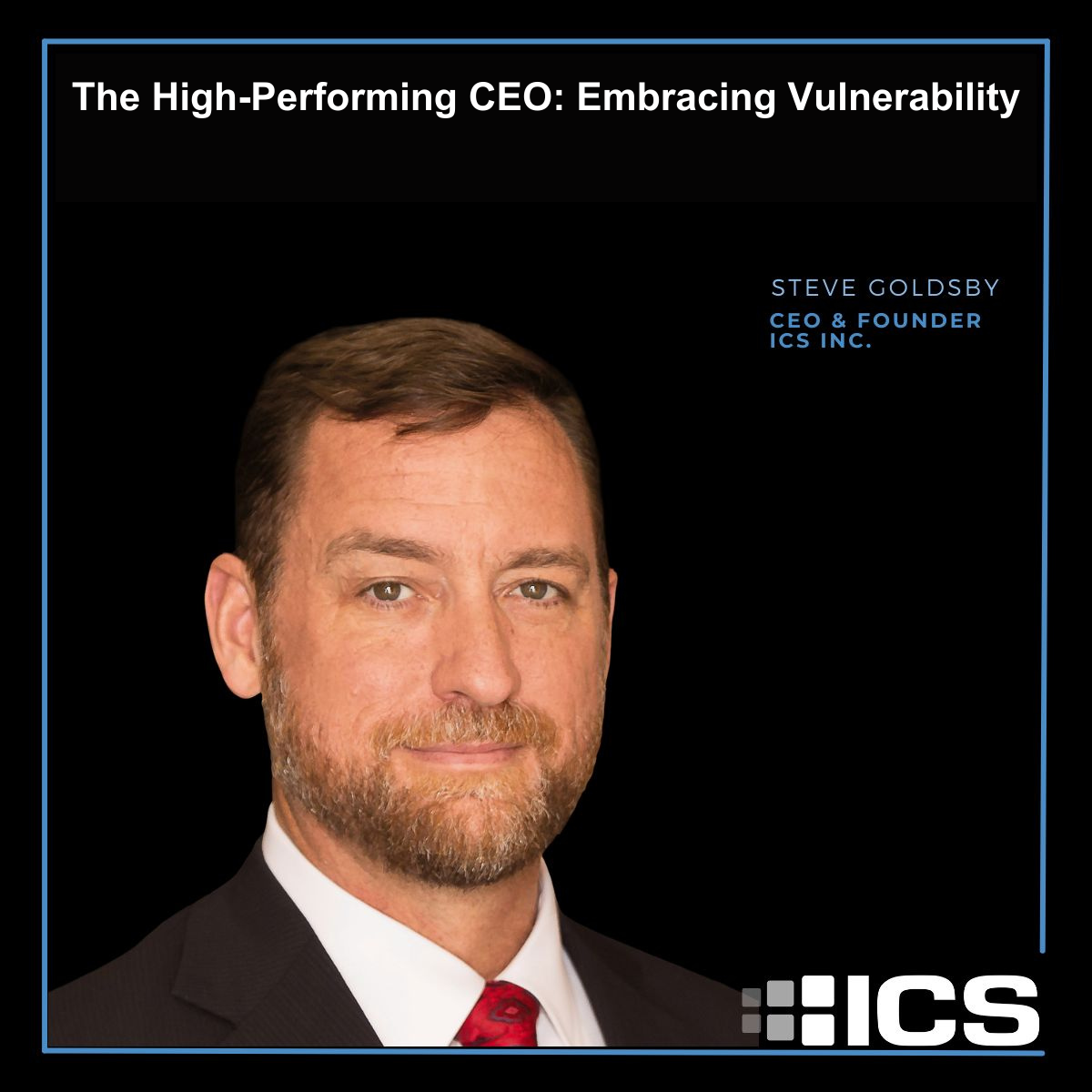As a CEO, I’ve often grappled with the notion of vulnerability. Society often portrays it as a weakness, especially in leadership. We’re expected to project unwavering strength, control, and perfection. However, through my experiences and the research of Brené Brown, I’ve come to understand that vulnerability is a fundamental aspect of authentic leadership.
Embracing vulnerability requires courage—the courage to be imperfect, show compassion, and be genuine in our interactions. When we, as leaders, allow ourselves to be vulnerable, we create a culture of trust and openness within our organizations. Our team members feel empowered to share their struggles, ideas, and concerns, fostering collaboration and innovation.
In times of uncertainty or failure, it’s easy to succumb to blame and the desire for certainty. However, true leadership involves navigating uncertainty with grace and taking ownership of our actions, even in the face of adversity. By doing so, we cultivate trust and resilience within our organizations, creating a culture that can withstand and grow from challenges.
Another common pitfall for CEOs is the pursuit of perfectionism. We often hold ourselves and our employees to unrealistically high standards, believing that anything short of perfection is unacceptable. As leaders, it’s crucial that we acknowledge our own imperfections and the inherent struggles that our employees face. By nurturing a more compassionate and supportive work environment, we empower our teams to take risks, learn from failures, and ultimately achieve greater success.
At the heart of authentic leadership lies the belief in our own self-worth. When we operate from a place of “I am enough,” we lead with greater empathy, groundedness, and authenticity. We’re able to forge stronger connections with our teams, inspire trust and loyalty, and make decisions that align with our values and the best interests of our organizations.
Throughout my journey as a CEO, I’ve witnessed the transformative power of vulnerability firsthand. By embracing vulnerability and modeling this behavior for my team, I’ve seen a remarkable improvement in our company culture, employee engagement, and overall performance.
Embracing vulnerability as a leader may feel uncomfortable at first, but it is a vital component of authentic leadership. By having the courage to be imperfect, compassionate, and authentic, we can build stronger, more resilient organizations that thrive in the face of challenges. As CEOs, it’s our responsibility to model this behavior and create a culture that recognizes vulnerability as a strength. In doing so, we unlock the full potential of our teams and ourselves, leading with greater purpose, empathy, and impact.
How are you embracing vulnerability in your company?







